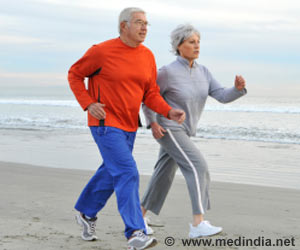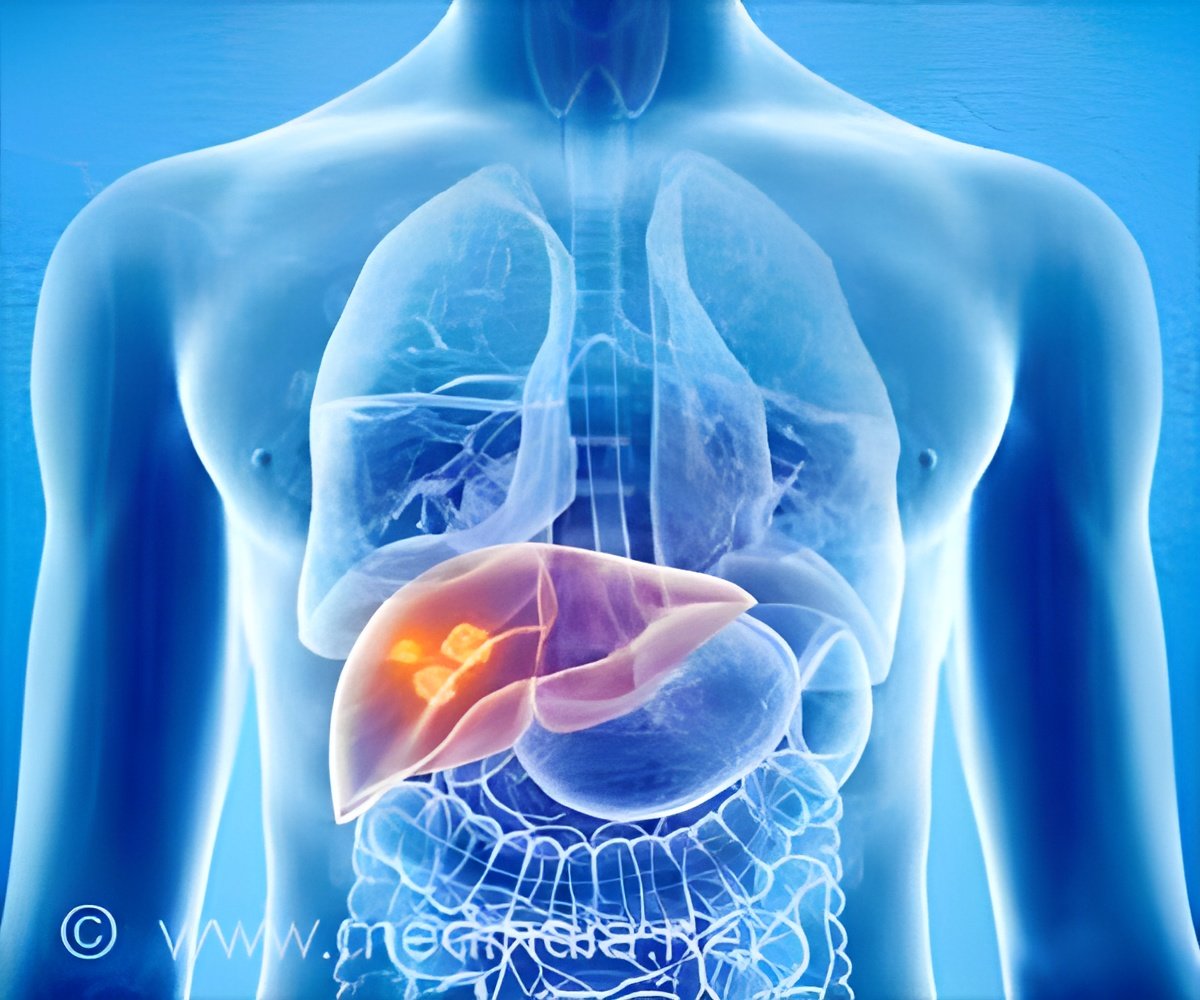were randomly assigned to each one of the participants for 20 weeks.
‘Vascular health in older adults with obesity can be drastically improved by small lifestyle changes. Eliminating 200 calories a day combined with 30 minutes of moderate to vigorous aerobic exercise four days a week helps achieve this goal.’
The aerobic exercise training was given to the participants for four days a week at the Geriatric Research Center at Wake Forest School of Medicine. The vascular health was assessed using cardiac MRI.
Benefits of Physical Fitness
One of the important positive measures of vascular health is a significant improvement in aortic stiffness. This was achievable by just eliminating 200 calories a day combined with 30 minutes of moderate to vigorous aerobic exercise four days a week.
“We were surprised to find that moderate caloric reduction and aerobic activity had a better effect on arteries than exercise with a more restrictive diet. These relatively small changes should be manageable for people and more sustainable over the long term,” says lead study author Tina E. Brinkley, Ph.D., associate professor of gerontology and geriatric medicine at Wake Forest School of Medicine.
Moreover, the study also found that weight loss of approximately 10% of total body weight or about 20 pounds over the five-month study period was associated with significant improvements in aortic stiffness, especially among those group on exercise plus moderate calorie restriction group.
Along with these, changes in body mass index, total fat mass, body fat, abdominal fat, and waist circumference were also more in this group. None of the other two groups demonstrated significant changes.
“Our findings indicate that these moderate lifestyle changes may help reduce aortic stiffness and improve overall vascular health in older adults,” says Brinkley.
Source: Medindia



